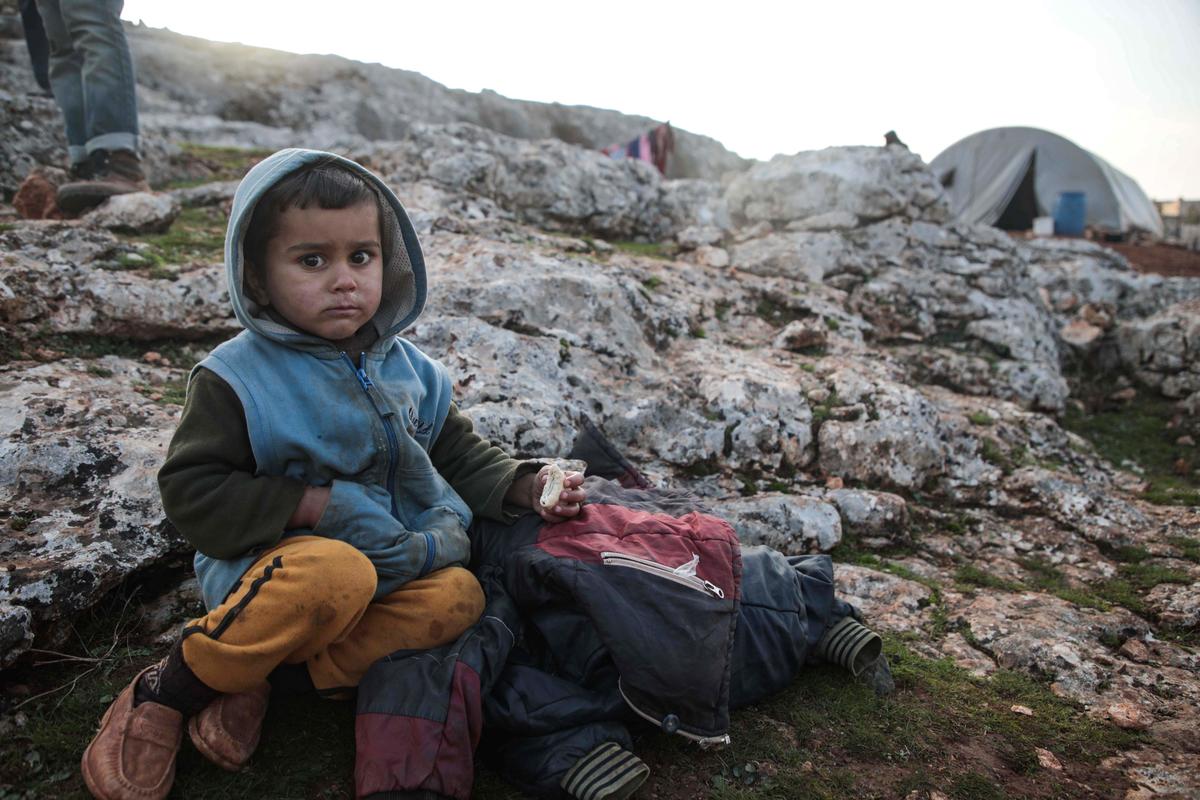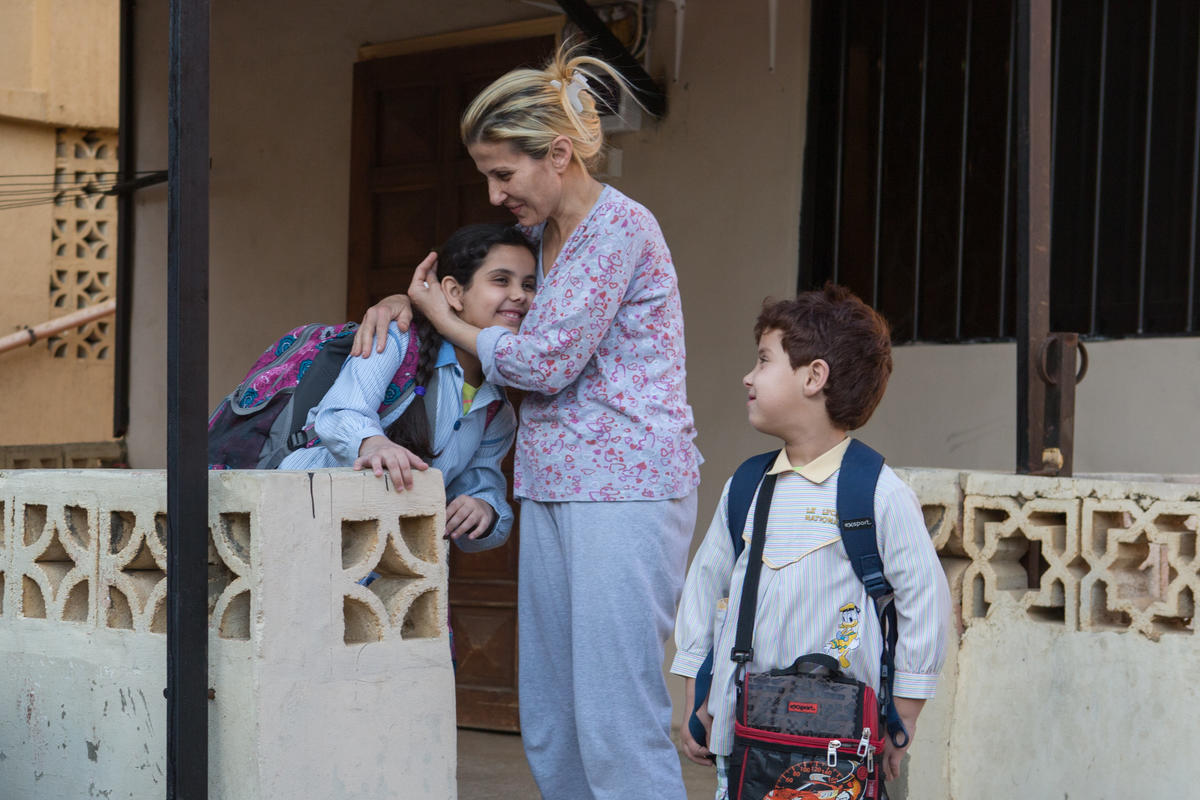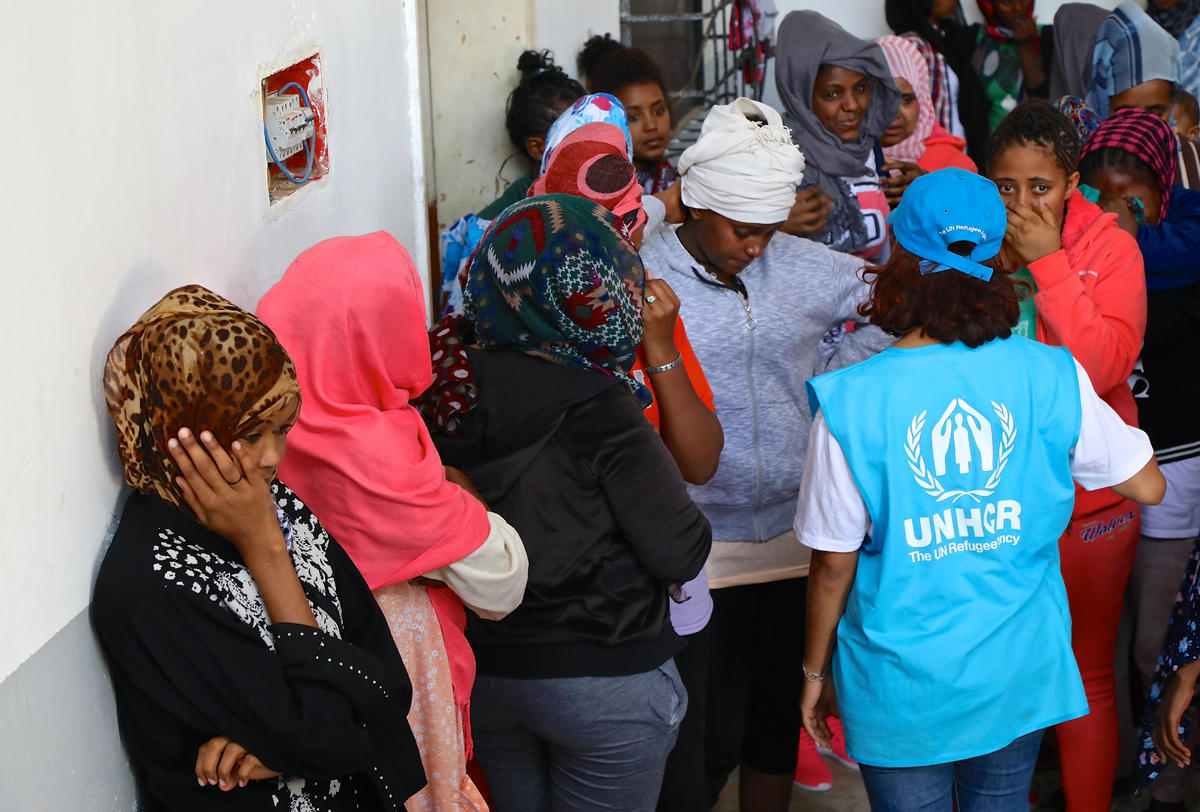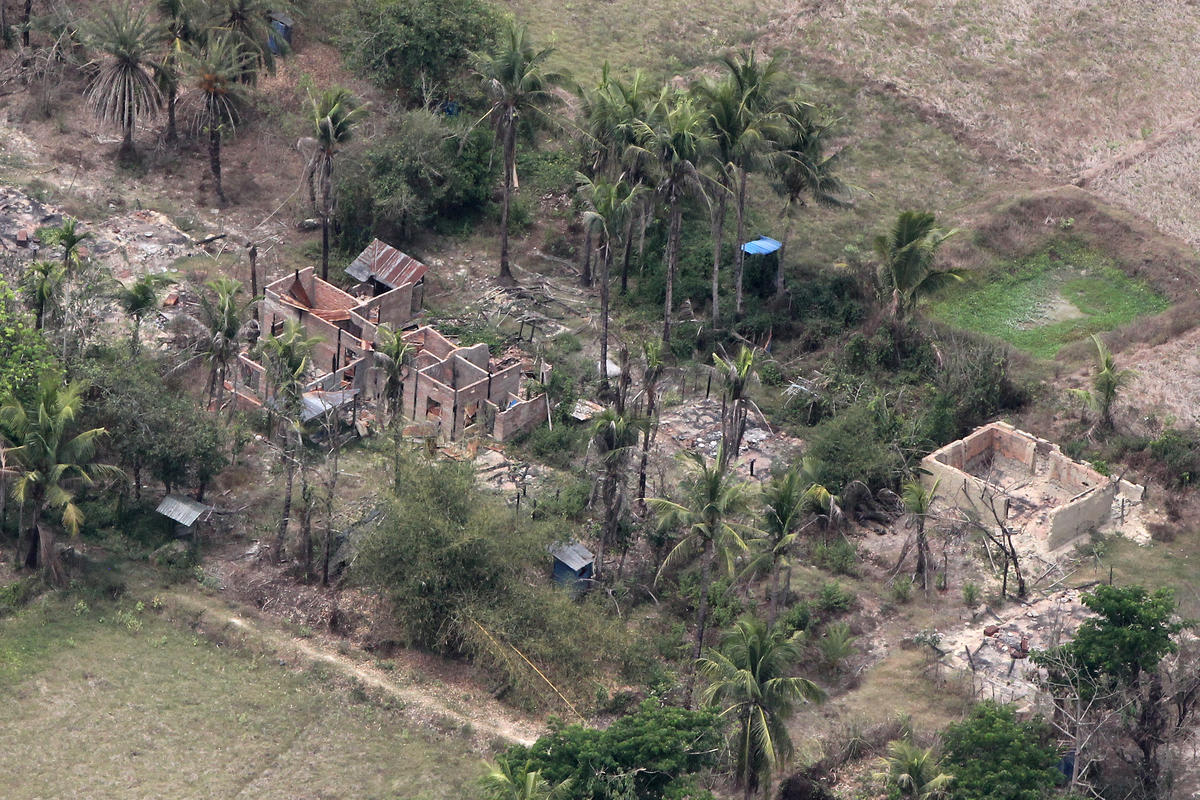UNHCR condemns forced return of 1,700 Rwandans from Uganda
UNHCR condemns forced return of 1,700 Rwandans from Uganda

GENEVA, July 16 (UNHCR) - The UN refugee agency on Friday condemned the forced return of Rwandans from Uganda earlier this week. On Wednesday, Ugandan police mounted an operation to round up and deport some 1,700 people from the Nakivale and Kyaka refugee settlements in south-west Uganda.
"In the Nakivale settlement, Rwandese asylum-seekers were assembled on the pretext that they were to be informed of the results of their asylum claims. Panic spread among the group when police intervened, firing shots. Force was used to push people onto trucks," UNHCR spokesperson Melissa Fleming told journalists in Geneva. "They were then driven across the border to Rwanda, where they arrived the following morning."
Fleming said that in the Kyaka settlement, food distribution at a World Food Programme (WFP) warehouse was used as the pretext for the round-up. "Once in the building, the group was surrounded by armed men and police. Those who did not manage to escape were forced onto waiting trucks. Many were not permitted to take their personal belongings with them," she said.
The operations resulted in the deaths of two men who jumped off trucks en route to Rwanda. Children were separated from their parents. Twenty-five people who were not among the deported were injured, some from police beatings. Among the injured were six pregnant women who were treated at a local hospital and then released. UNHCR is interviewing the injured and trying to trace those separated from their families in the deportation.
Fleming said that although UNHCR was broadly aware of an agreement between Uganda and Rwanda to return failed asylum-seekers, "We were not informed of the timing and the nature of this operation. At the outset, UNHCR staff who were present in the settlements were asked to leave the scene."
Although the operation was aimed at failed asylum-seekers, UNHCR has since received confirmation that recognized refugees were among those returned. In Kyaka, for example, a woman told staff of the refugee agency that her two children were among the group deported, despite the fact that she and her family were recognized refugees. "We are also trying to establish if refugees of other nationalities might have also been deported in the confusion," Fleming said.
UNHCR remains concerned about further deportations amid reports from refugees that police had threatened to return to Navikale and Kyaka to deport all those who escaped.
The return of refugees or asylum-seekers whose applications for asylum have not been properly and finally adjudicated should only be undertaken voluntarily and in conditions of safety and dignity. UNHCR called upon the Ugandan authorities to halt the operation as soon as the agency became aware that it was under way.
"We have reiterated that there should be no further such returns contrary to the principles of national and international refugee law. We have underlined that anyone deserving international protection be allowed to remain in Uganda," Fleming stressed.
Since the beginning of this year, 3,320 Rwandans have filed for asylum in Uganda. Ninety-eight per cent were rejected in the past six months. UNHCR is concerned that asylum applications are not being determined properly and fairly - it will continue to address this issue with the Ugandan authorities.
In Rwanda, the deported people were taken to Rukomo transit centre in Byumba province. The transit centre, which has not been used for a year, has capacity for a maximum of 500 people and lacks water and adequate sleeping space. As a result, the deportees reportedly slept out in the open without food or clean water.
UNHCR has not had access to the deported, who have reportedly been taken from the transit centre to their villages of origin. UNHCR is trying to verify the information.









